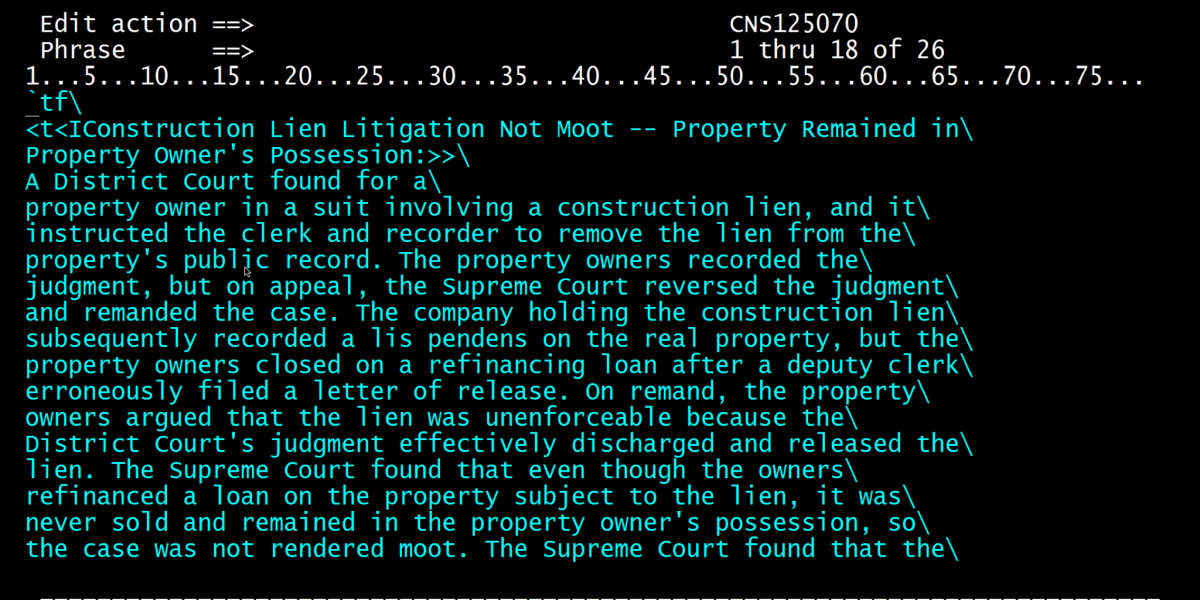What happens when an entire generation of people with mission critical IT skills retire and there is no generation coming behind them with the same skill set? Well, we don’t know because it has never happened before. Modern computing is too young for that.
But, we are about to find out as the only people on the planet who know how to keep the mainframes running will all be reaching retirement over the next few years. And what will we do then? Without them, mainframes will become obsolete and its effects will be far-reaching.
Huge Impact
The only people on the planet who know how to keep the mainframes running will all be reaching retirement over the next few years. And what will we do then? Without them, mainframes will become obsolete and its effects will be far-reaching.
Mainframes expertise: a dying breed
One of the reasons the issue is not in the news more often is that the dependencies on mainframes and the skill sets that go with them are mostly buried deep inside the “plumbing” of the modern world. As such, we don’t even realize how much we are dependent upon them.
To further this plumbing analogy, computing since the 1970s has given us much better appliances in our houses but, ultimately, they are mostly still connecting into the original plumbing laid down all those years ago, which leads to intricate complexities. Just think: which would be easier to replace – the entire water circulation system in your house or your washing machine? Could you even estimate the cost and the disruption caused if you had to replace the former?
This is just like the issue facing many businesses and institutions as they grapple with the depth of the mainframe skill set dependencies that have accumulated in their organizations over the decades. As mainframe skill sets get harder to find and more expensive to support, organizations can find themselves forced to look at migration, with all the costs and risks that it entails.
For mission critical infrastructure, this is always going to be challenging but it becomes exponentially more so if it has to be done under pressure.
As mainframe skill sets get harder to find and more expensive to support, organizations can find themselves forced to look at migration, with all the costs and risks that it entails.
Mainframe dependency: a critical shortage
We are now in a “last call” for strategies to deal with the critical shortage in mainframe skill sets. The issue is particularly acute in public sector environments that do not have the deep pockets of Wall Street and will be mostly outbid for the precious last resources. But even Wall Street will have to bite this bullet at some point, but safely accomplishing it will most likely require some form of cooperation commission and a decade-long effort.
